graduation approach
July 15, 2018
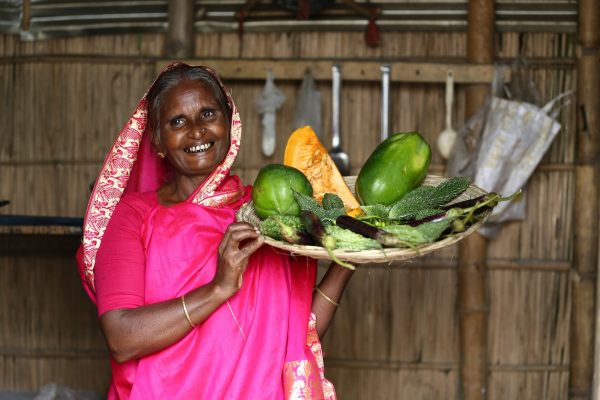
Published by Anton Simanowitz at Jul 15 2018
Categories
With governments and others, increasingly looking to integrate Graduation into national programmes, cost and complexity are major barriers. Yet, practitioners need to be wary of looking for simple solutions to complex problems. Cost-effectiveness is not about finding a lower cost model for graduation but rather, understanding what is optimal in each context to achieve long-term, sustained, positive outcomes.
March 19, 2018
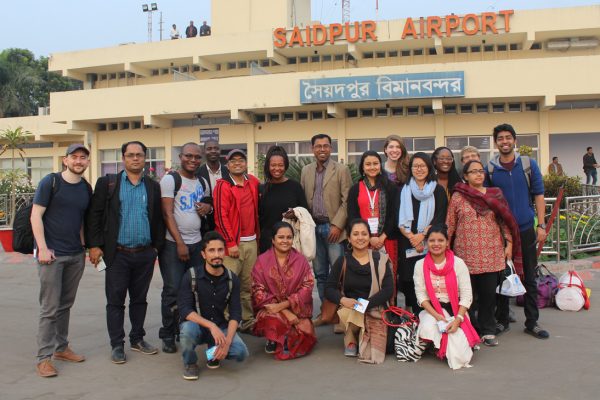
Published by Tahjib Shamsuddin at Mar 19 2018
Categories
Bangladesh, the birthplace of microfinance and many other successful pro-poor strategies has been acknowledged as the model of development for many years. Once again, the country is recognised to have found the most effective solution to one of the most complex problems of the world - extreme poverty.
October 17, 2016
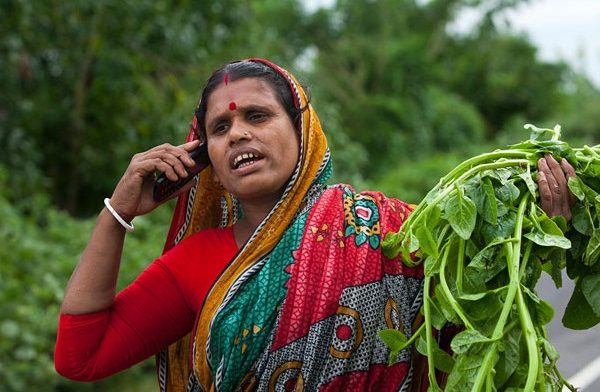
Published by Scott MacMillan at Oct 17 2016
Categories
You’d be forgiven for thinking microfinance has gone wildly out of fashion. The “development caravan”—defined as the wagon train of poverty interventions that excite donors—has pulled away from micro-lending, drawn to more powerful things like BRAC-style graduation programmes (which aim to “graduate” people from extreme poverty into a sustainable livelihood) and bKash-like mobile money, according to recent coverage in The Economist.
June 4, 2015

Published by Shameran Abed at Jun 04 2015
Categories
This month, the results from six randomised control trials (RCTs), published in Science magazine highlighted a model of development that is an adaptable and exportable solution able to raise households from the worst forms of destitution and put them onto a pathway of self-reliance. The graduation approach – financial services integrated within a broader set of wrap-around services – is gaining steady recognition for its astonishing ability to transform the lives of the poorest.
September 2, 2014
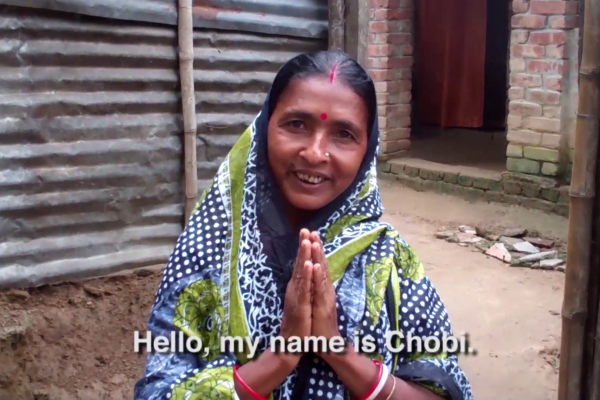
Published by Isabel Whisson at Sep 02 2014
Categories
“When it would rain, we did not have a dry area to sleep… I used old and torn rags to cover my children.” The video speaks for itself. A self-told story about how Chobi Rani, with the assistance of BRAC, brought herself out of the harshest forms of poverty, to feed and send her children to school, live in a comfortable home and maintain successful enterprises in farming.
May 25, 2014

Published by BRAC at May 25 2014
Categories
Amplifier Strategies and BRAC USA traveled to Bangladesh in March to meet with the BRAC International leadership team and discuss our ongoing partnership for Amplifier’s latest Collaborative Initiative. We built the Initiative as a special opportunity to engage family and individual philanthropists in a global partnership to end extreme poverty.
May 9, 2014
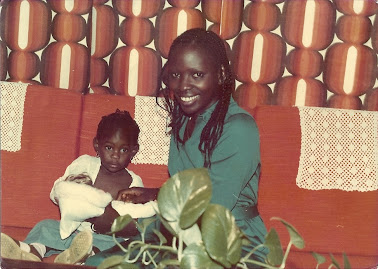
Published by Aïssatou Diallo at May 09 2014
Categories
This song is an African anthem from the highlife era of the 1970s. It is a tune that speaks of the love, gratitude, appreciation and admiration that most children reserve for their mothers. It celebrates the universal bond between mother and child. In that spirit, I would like to tell you about two special mothers and how the vision, sacrifice and hard work of one brought me to the other
October 15, 2013
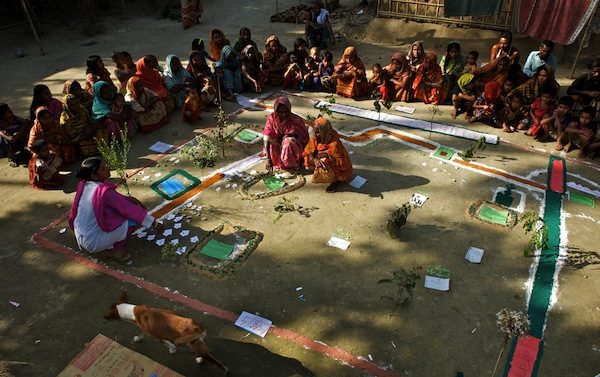
Published by Oscar Abello at Oct 15 2013
Categories
On October 20, from 12 p.m. to 1 p.m. GMT, Rabeya Yasmin, the director of BRAC's graduation program targeting the ultra-poor will take and answer questions via Twitter. We invite you to participate and submit questions ahead of time using the hashtag #BRACultrapoor.
May 20, 2013
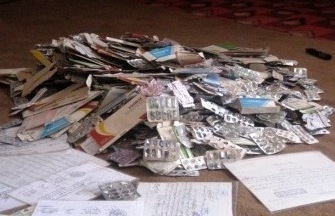
Published by Nazia Moqueet at May 20 2013
Categories
Nazia Moqueet is a Research Associate at BRAC Development Institute and is currently based out of BRAC USA. In March 2013, she was in Yemen to conduct a process evaluation of the CGAP-Ford Foundation Graduation Pilot. She conducted several participant and staff interviews and focus group discussions over a period of two weeks. In this post, originally published at the CGAP-Ford Graduation Pilot program blog, She recalls an encounter with a pilot participant in Taiz.
May 3, 2013
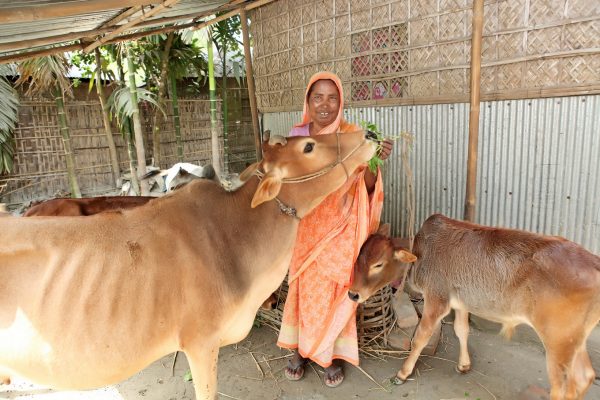
Published by Oscar Abello at May 03 2013
Categories
Variously called targeting the ultra-poor, just TUP, or more famously the graduation program (which we're not always sure is the right title), BRAC's work with the ultra-poor is officially titled Challenging the Frontiers of Poverty Reduction - Targeting the Ultra Poor (CFPR-TUP). A mouthful yes, but not nearly as many mouthfuls as there have been recently about the effectiveness -- or lack thereof -- of a core component in the program: livelihoods training.
October 27, 2011
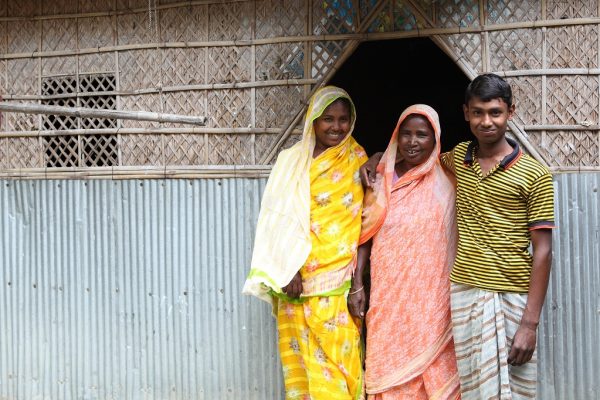
Published by BRAC at Oct 27 2011
Categories
The following was originally posted on the CGAP Graduation blog by Janet Heisey, Director of the Asia Program at Trickle Up. The research paper "And Who Listens to the Poor? Shocks, Stresses and Safety Nets in India and Pakistan" by Karishma Huda, Sandeep Kaur and Nicolina Lamhauge, offers an interesting framework for qualitative evaluation of livelihood programs, such as those we implement at Trickle Up. It posed and answered some interesting questions: what keeps extremely poor people trapped in cycles of deprivation? Does the Graduation Program address these constraints? How can programs allocate resources to ensure that the maximum number of participants succeed?
June 17, 2011
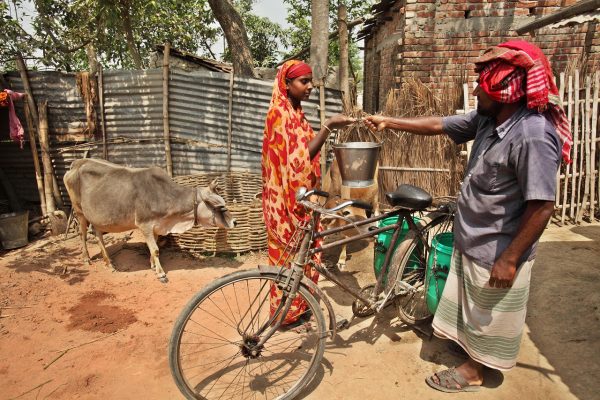
Published by BRAC at Jun 17 2011
Categories
This post, originally posted on the Jolkona website, is a reflection of Saman Nizami’s experiences and observations during her internship for BRAC’s “Targeting the Ultra-Poor” program in Bangladesh. This is the last in a series of posts from Saman Nizami about her experiences and observations while interning for BRAC’s “Targeting the Ultra-Poor” program in Bangladesh. You can read her previous posts in the series, A Tough Graduation, part I and part II.

